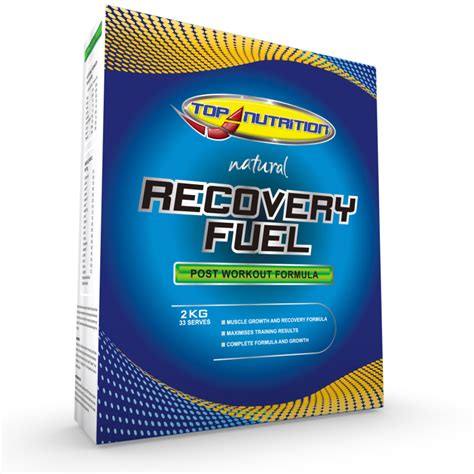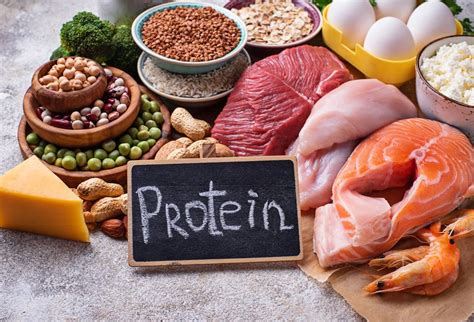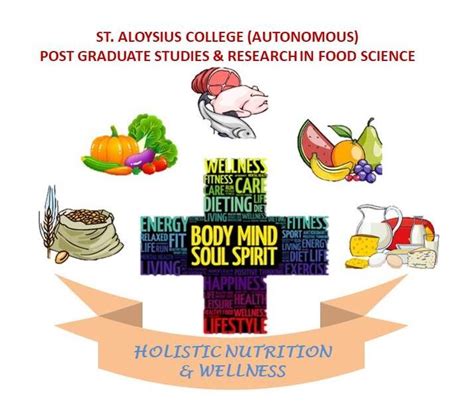Fuel for peak energy, mental clarity, and muscle recovery?

The Synergy of Nutrition: Energy, Mind, and Muscle
In our demanding modern lives, the quest for sustained peak performance—whether in the gym, at work, or simply navigating daily tasks—hinges significantly on one often-overlooked factor: nutrition. The food we consume isn’t just about satisfying hunger; it’s the fundamental building block that dictates our energy levels, cognitive function, and the efficiency with which our bodies repair and rebuild. Understanding how to fuel your body strategically can unlock a new level of physical and mental resilience.

Fueling Peak Energy: More Than Just Calories
Sustained energy isn’t about quick fixes or sugary highs; it’s about providing your body with a steady, reliable supply of glucose and healthy fats. Complex carbohydrates, such as whole grains, oats, sweet potatoes, and legumes, are digested slowly, providing a gradual release of energy that prevents blood sugar spikes and crashes. Pairing these with healthy fats found in avocados, nuts, seeds, and olive oil further extends energy delivery and supports overall cellular health.
Moreover, consistent meal timing helps regulate blood sugar and metabolic rate. Skipping meals often leads to energy slumps and poor concentration. Micronutrients like B vitamins are crucial for converting food into energy, while iron supports oxygen transport, directly impacting stamina. Dehydration is a common culprit for fatigue, making adequate water intake paramount for all bodily functions, including energy production.
Enhancing Mental Clarity: Brain-Boosting Nutrition
Your brain, though only about 2% of your body weight, consumes a disproportionately high amount of your daily energy intake. What you eat directly impacts your cognitive function, memory, mood, and focus. Omega-3 fatty acids, particularly DHA, found in fatty fish like salmon, mackerel, and flaxseeds, are vital for brain structure and function, improving communication between brain cells.

Antioxidants, abundant in colorful fruits and vegetables (berries, leafy greens), protect brain cells from oxidative stress and inflammation, which can impair cognitive performance. B vitamins (folate, B6, B12) are essential for neurotransmitter synthesis, affecting mood and focus. Adequate hydration is also critical for optimal brain function, as even mild dehydration can lead to impaired concentration and mood swings.
Accelerating Muscle Recovery: The Building Blocks of Repair
Whether you’re an athlete or simply engaging in regular physical activity, effective muscle recovery is essential for progress and preventing injury. Protein is the undeniable king of muscle repair, providing the amino acids necessary to rebuild and strengthen muscle fibers damaged during exercise. Lean meats, poultry, fish, eggs, dairy, and plant-based sources like tofu, lentils, and quinoa should be staples in your diet, especially post-workout.

Beyond protein, carbohydrates replenish glycogen stores, which are crucial for subsequent workouts. Anti-inflammatory foods, such as tart cherries, turmeric, ginger, and leafy greens, can help reduce exercise-induced muscle soreness and inflammation, speeding up the recovery process. Electrolytes (sodium, potassium, magnesium) are vital for fluid balance and nerve function, both critical during and after strenuous activity.
Integrating for Optimal Performance
Achieving peak energy, mental clarity, and efficient muscle recovery isn’t about isolating single nutrients but rather adopting a holistic, balanced approach to nutrition. It involves:
- Prioritizing Whole Foods: Base your diet around unprocessed fruits, vegetables, whole grains, lean proteins, and healthy fats.
- Strategic Timing: Consume carbohydrates before and after workouts, and protein shortly after to optimize recovery.
- Adequate Hydration: Drink water consistently throughout the day, adjusting for activity levels.
- Listen to Your Body: Pay attention to how different foods make you feel and adjust your intake accordingly.

By consciously selecting foods that support these three pillars, you empower your body and mind to operate at their highest potential, leading to improved physical performance, sharper cognitive function, and a faster rebound from physical exertion. Fueling your body thoughtfully is not just a diet; it’s an investment in your overall well-being and productivity.








